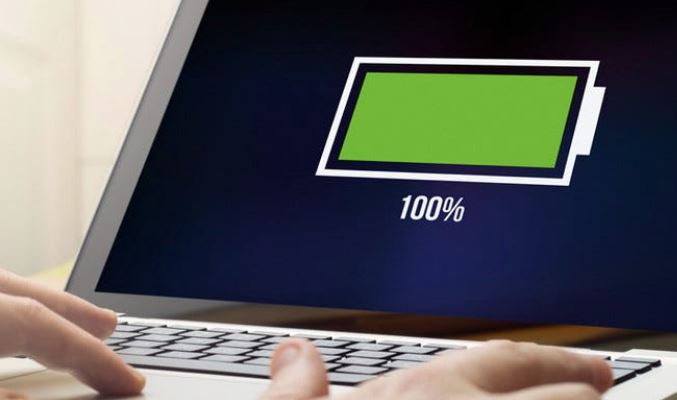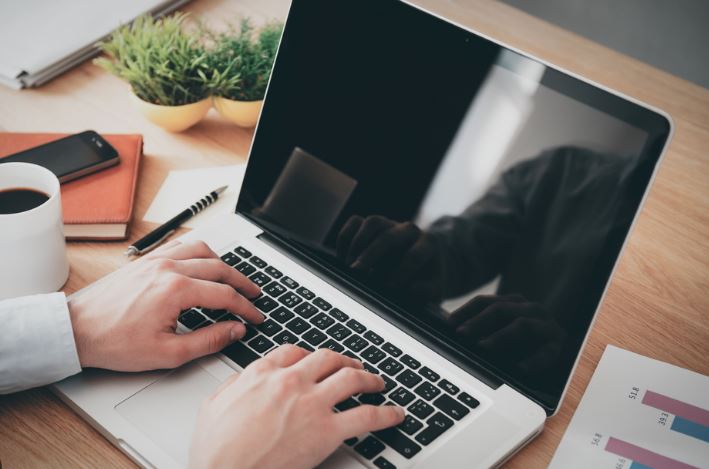A laptop is a valuable investment, and maximizing its lifespan is crucial to get the most out of it. By following some simple practices, you can ensure that your laptop remains in good condition and performs optimally for years to come. Here are some tips to help you maximize the lifespan of your laptop:
1. Keep It Clean: Regularly cleaning your laptop is essential to prevent dust, dirt, and grime from accumulating on the keyboard, vents, and ports. Use a soft, lint-free cloth to wipe the screen and exterior surfaces. A can of compressed air can be used to remove dust from the keyboard and other hard-to-reach areas.
2. Use a Protective Case or Sleeve: When carrying your laptop, make sure to use a protective case or a padded sleeve. This will safeguard it from accidental bumps, scratches, and environmental factors. A good quality case will provide additional protection when your laptop is not in use.
3. Handle with Care: Handle your laptop with care, avoiding rough handling or sudden movements while it’s in use or during transportation. Be gentle when opening and closing the lid, and avoid putting pressure on the screen.
4. Proper Charging Habits: Maintaining proper charging habits is important for the longevity of your laptop’s battery. Avoid frequently draining the battery to zero, as this can strain the battery cells. Instead, aim to keep the battery level between 20% and 80%. Also, avoid leaving your laptop plugged in and charging indefinitely, as this can strain the battery as well.
5. Manage Software and Updates: Keep your operating system, antivirus software, and other programs up to date with the latest updates and security patches. Regular software updates are essential for bug fixes, performance improvements, and overall system stability.
6. Use a Cooling Pad: Overheating can significantly impact the lifespan of your laptop. To prevent overheating, use a laptop cooling pad or elevate the rear of your laptop to improve airflow. Ensure that the ventilation areas are not blocked and clean the dust from the vents regularly.
7. Beware of Liquid Exposure: Liquids can damage your laptop beyond repair. Avoid using your laptop near beverages, and keep them away from your workspace to prevent accidental spills. If a liquid spill does occur, immediately turn off your laptop, disconnect the power cord, and seek professional help for cleaning and repairs.
8. Protect Against Power Surges: Power surges can damage your laptop’s internal components. Invest in a good quality surge protector to safeguard your laptop against sudden power spikes or outages.
9. Backup Regularly: Data loss is a real risk, so make sure to back up your important files and documents regularly. Utilize cloud storage, external hard drives, or online backup services to secure your valuable data.
10. Shutdown Properly: Shut down your laptop properly instead of just closing the lid. This allows your laptop to complete necessary background processes and ensures a clean shutdown sequence.
By following these tips, you can extend the lifespan of your laptop and make the most of your investment. A well-maintained laptop will not only perform better but also save you from unnecessary repair costs and frustrations.




